Insights on Organizing Events in Saudi Arabia
Joe Ellyatt, aged 34, is one of the four co-founders of Komodo, a digital marketing agency specializing in social media that was founded in 2017. Employing a team of 70, the agency has established offices in London, Sydney, and Los Angeles. One of their notable clients, Penhaligon’s, aimed to debut its latest luxury fragrance, AlUla, in the UNESCO world heritage site of the same name, located 1,100 kilometers from Riyadh.
Komodo organized a five-day event attended by 50 influencers from around the globe at the ancient Nabataean site, featuring attractions such as the burial sites in Hegra, hot air balloon rides, and Maraya, the world’s largest mirrored building. Ellyatt expressed his intention to seek more business in Saudi Arabia following this experience, highlighting the valuable lessons learned during the event planning process.
The request for the event came in the middle of 2023, with a scheduled launch for March 2024.
This was not the agency’s first foray into business dealings in Saudi Arabia. Aware that the country raises valid concerns for some, they engaged in extensive discussions and came to the consensus that progress requires engagement and construction of bridges to foster a more open society.
Since Saudi Arabia opened its doors to international tourism in 2019, coupled with its broader goals under Vision 2030, there has been a surge of interest in the region.
However, when the brief materialized, uncertainties loomed large as they had previously engaged with no partnerships within the region.
The Event Brief
The task was to orchestrate a high-profile launch event for a new Penhaligon’s fragrance specifically in AlUla, a UNESCO world heritage site.
Designed as a five-day event, the goal was to create an extraordinary experience for 50 guests (the influencers) while also crafting marketing materials that showcased not only the brand but also the rich cultural history of the locale.
The challenge was amplified by the fact that attendees were arriving from ten different countries, with the secluded venue necessitating a minimum of two flight connections for everyone. For example, one attendee from Guadeloupe faced a remarkable 32-hour journey involving five flight changes.
Regulatory Considerations
Understanding the regulatory landscape was crucial. In AlUla, the Royal Commission for AlUla (RCU) oversees all activities at the site and is deeply involved in the planning process.
Ellyatt advises future planners to engage with the RCU at the earliest stages. This governing body coordinates across multiple departments, necessitating transparency and alignment of objectives, values, and vision to secure the necessary approvals.
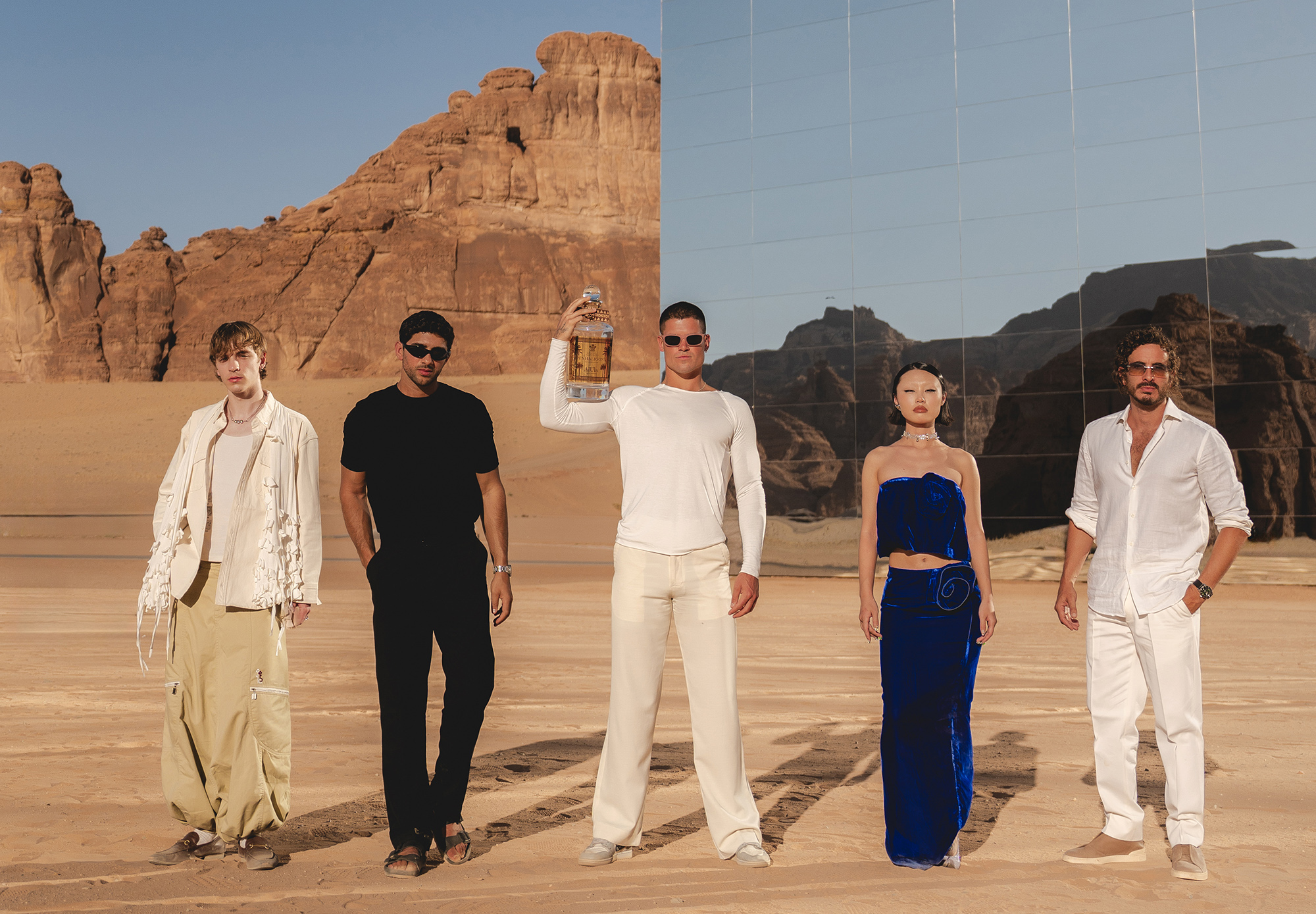
While the initial experience was intimidating, engagement with the RCU proved to be collaborative and supportive; the commission aids in supplier coordination and venue selection. Once officially on board, they can facilitate opportunities that would be challenging to achieve independently.
Event organizers should cultivate in-person relationships early on. Instead of relying solely on virtual meetings, the Komodo team spent a week in Saudi Arabia well before the event to build trust with local suppliers, moving beyond transactional relationships.
Adapting to Cultural Differences
One unexpected challenge unique to Saudi Arabia was the surprise arrival of a crown prince.
The team was informed that when a member of the royal family is in the vicinity, the entire city shuts down, affecting their event. Though initially reassured of low chances, they discovered that about 15,000 royal family members could potentially cause disruptions.
Upon landing, they discovered that the crown prince had decided to visit the area on the same day, leading to significant travel delays that transformed what should have been a short transit to their hotel into a lengthy five-hour journey.
This experience underscored the importance of devising contingency plans; in event planning, it’s essential to prepare for both ideal scenarios and alternatives.
Cultural sensitivities also came into play, especially with the RCU closely monitoring their work. While seeking approvals, the Komodo team often found the RCU members present during creative sessions, ensuring alignment of values while working on marketing materials.
In Hegra, the dress code required sensitivity. However, they found that local customs were more relaxed than anticipated in informal settings, such as around hotels. Nevertheless, the team opted for more conservative attire to err on the safe side.
Future Business Ventures in Saudi Arabia
Ellyatt is optimistic about further opportunities in Saudi Arabia. He was pleasantly surprised by the progressive outlook from locals who seemed eager to welcome international businesses eager to share their stories and rich heritage.
The potential for business in the region is immense, with expectations of 30 million international tourists arriving by 2024 and significant investments—up to $800 billion—in tourism and culture aimed at achieving 150 million tourists annually by 2030. Companies that venture in early stand to reap substantial benefits.
Joe Ellyatt shared these insights during a conversation with Richard Tyler, editor of the Times Entrepreneurs Network.
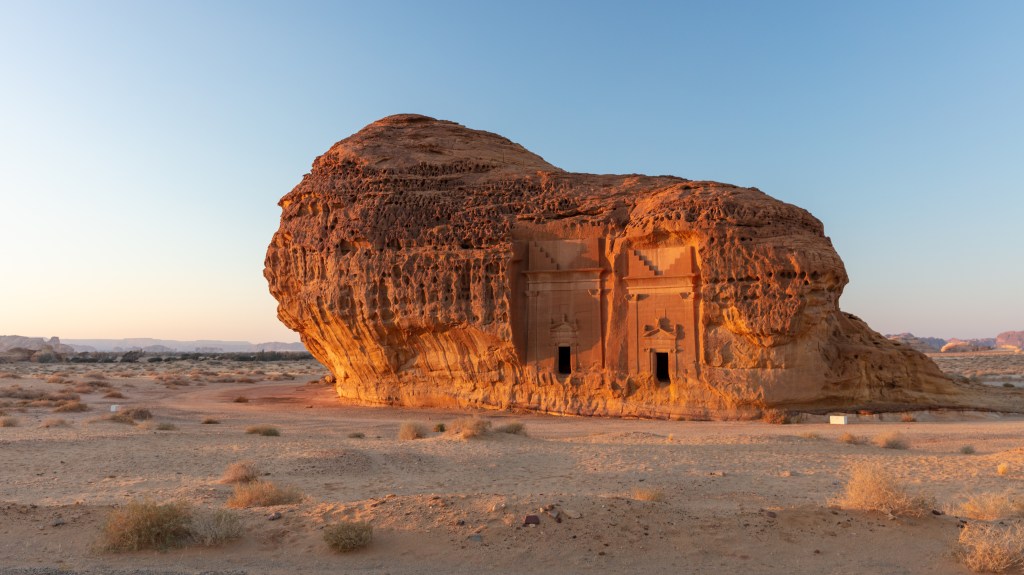
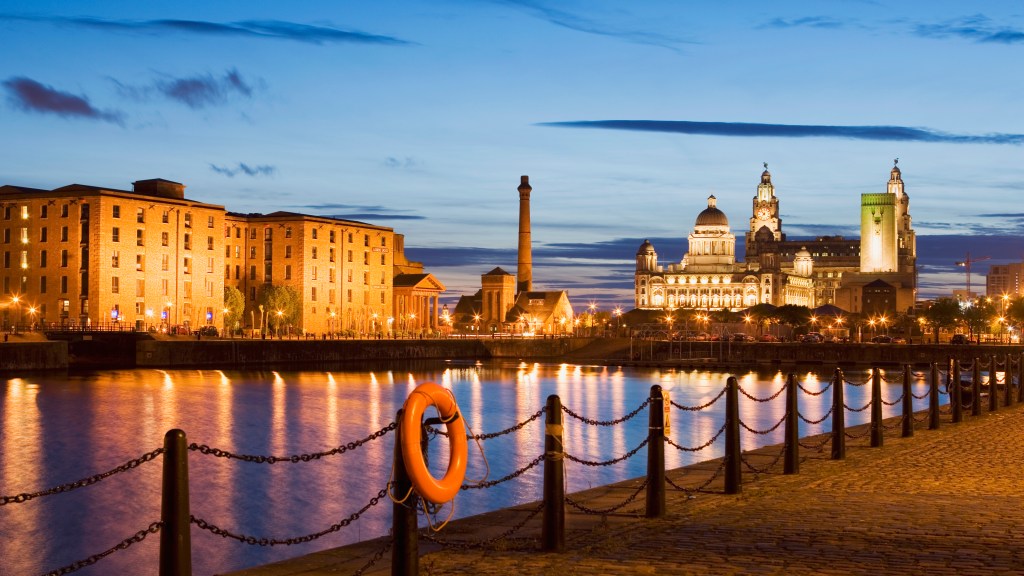
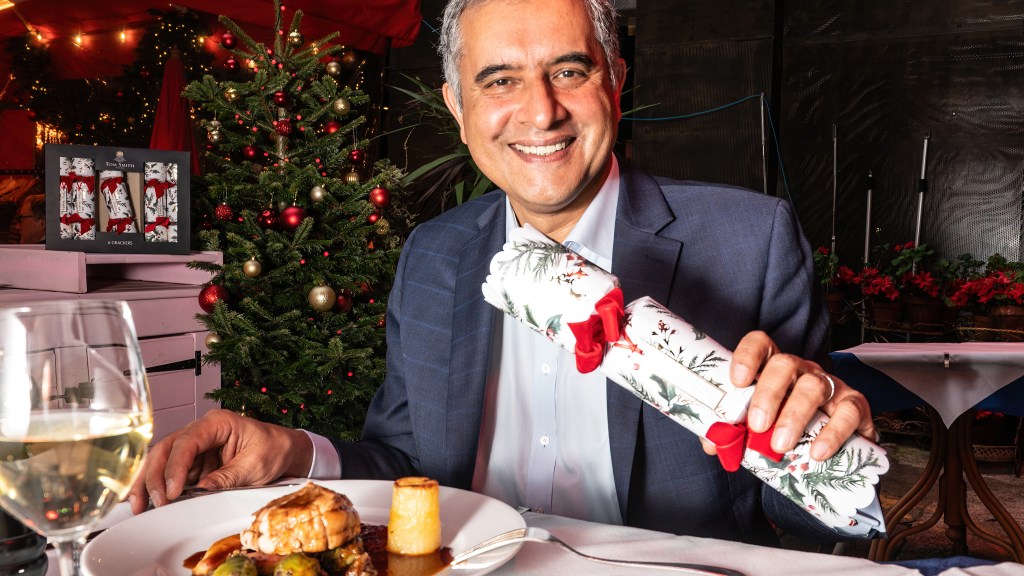
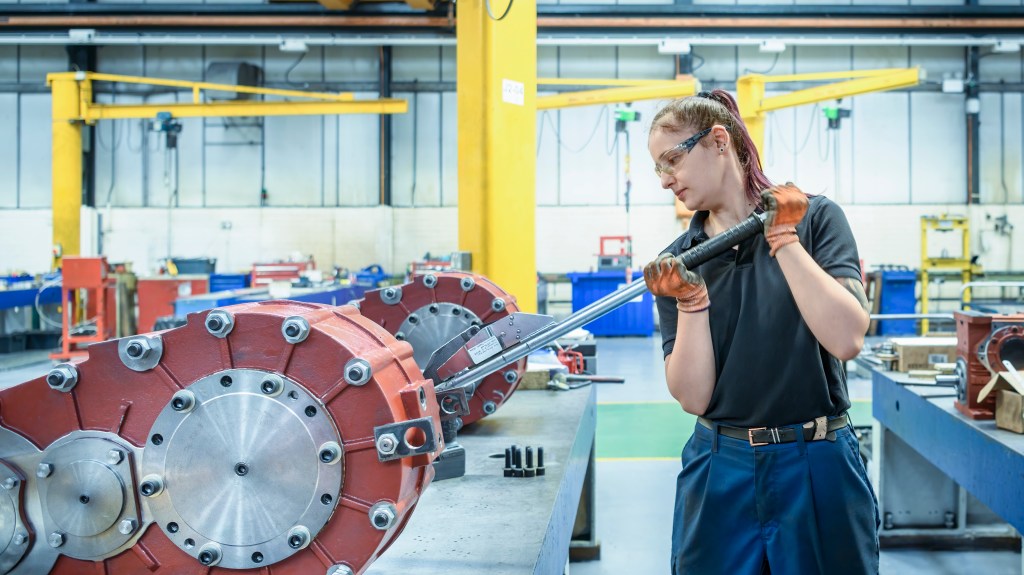
Post Comment